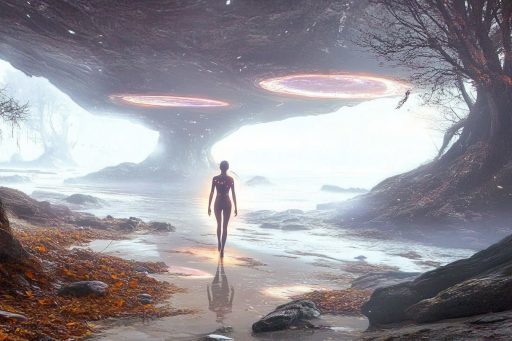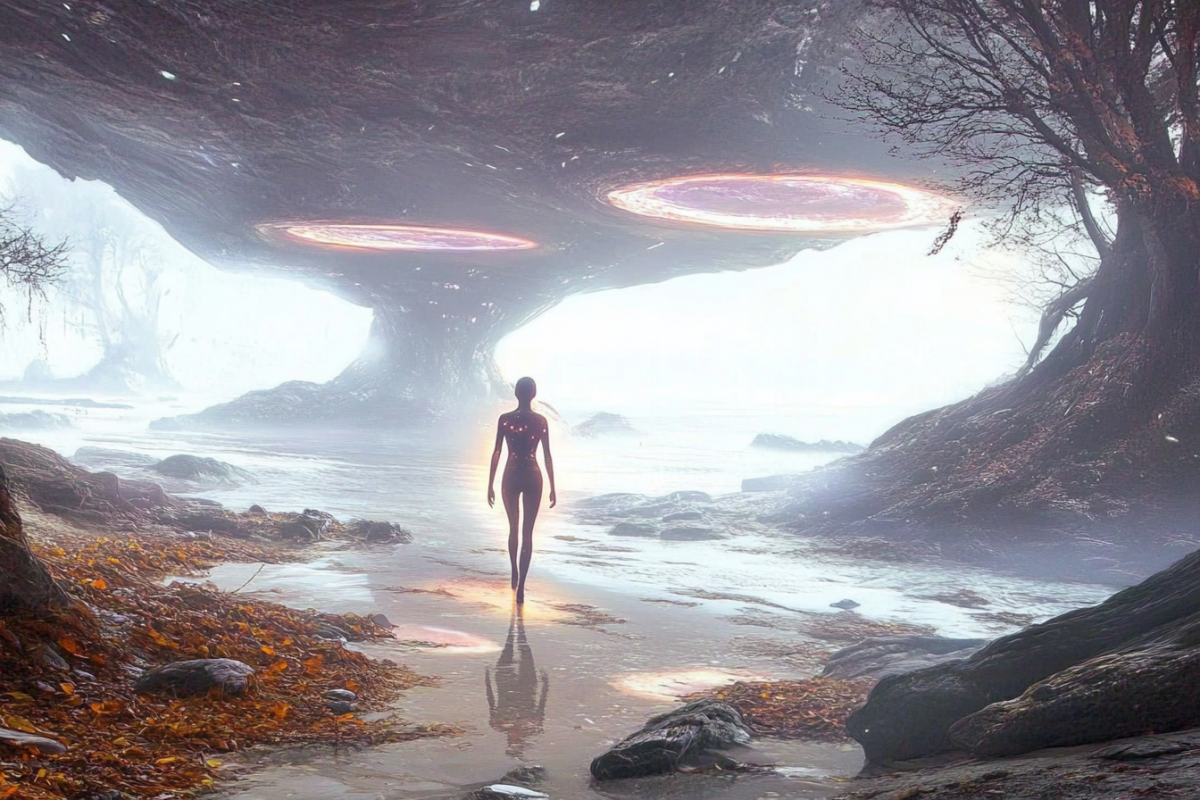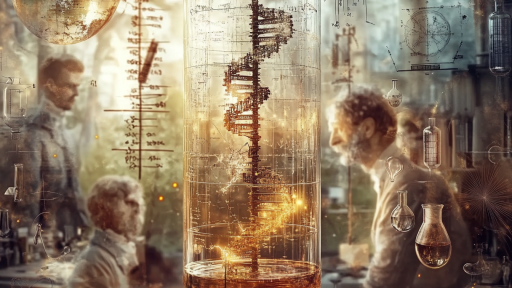
Dreams have an uncanny way of making us believe we are experiencing something real—until the moment we wake up. The sensations, emotions, and vivid details feel just like waking life, yet they exist entirely within the mind. But why do dreams feel so real, only to collapse into illusion once we awaken? The answer lies in the incredible ways our brain constructs reality while we sleep.
Your Brain Treats Dreams Like Reality
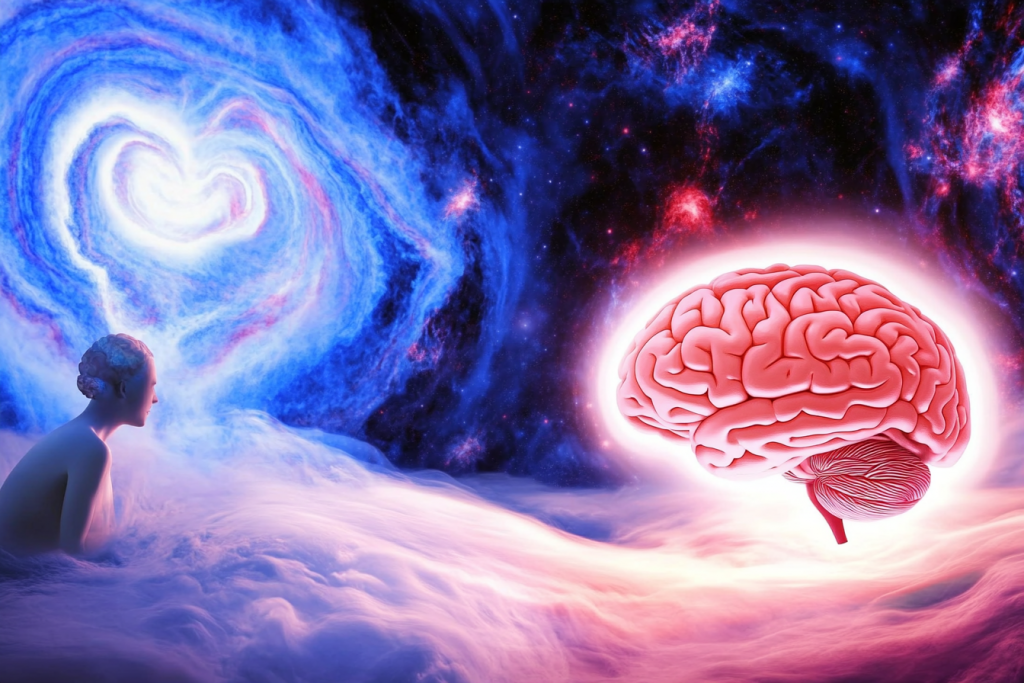
When you dream, the same parts of your brain responsible for processing real-life experiences become highly active. The prefrontal cortex, which helps with logic and reasoning, is less engaged, while emotional and sensory regions take over. This creates an immersive experience where your brain accepts everything as real—until you wake up.
Your Senses Are Fully Engaged
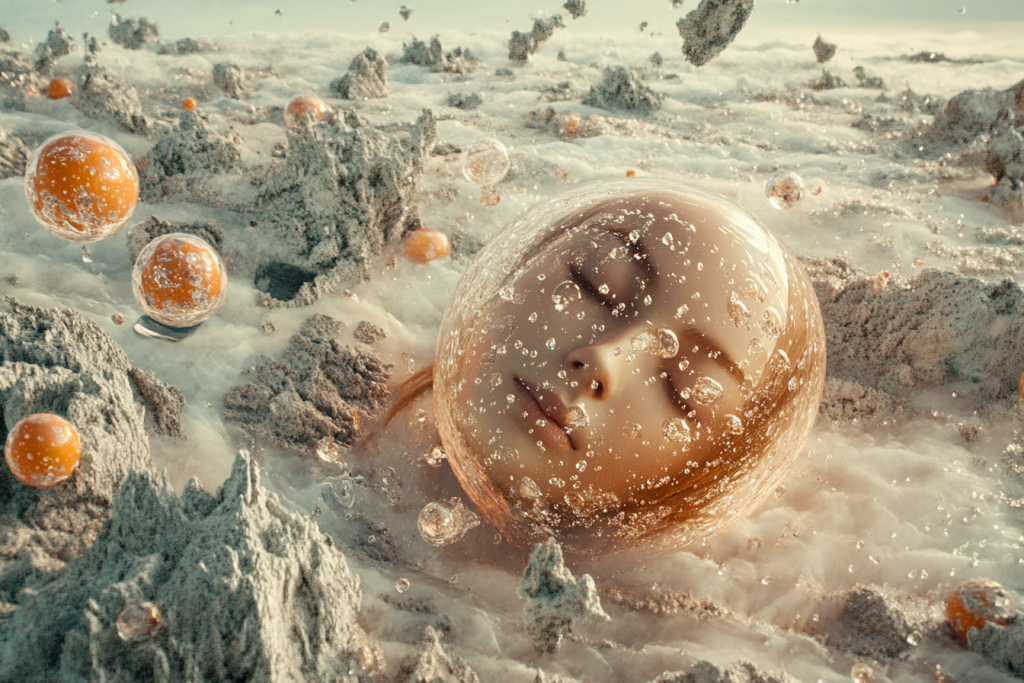
Dreams can involve sights, sounds, smells, tastes, and even physical sensations. The brain processes these experiences just as it does in waking life, making them feel vivid and authentic. The touch of rain, the warmth of the sun, or even the pain of falling can feel eerily real in the dream world.
Emotions Are Intensified

During REM sleep, the amygdala—the part of the brain that regulates emotions—is hyperactive. This is why dreams often feel overwhelmingly emotional, whether terrifying, euphoric, or deeply moving. The heightened intensity makes the dream seem even more real, even if the events are bizarre.
Time Feels Distorted
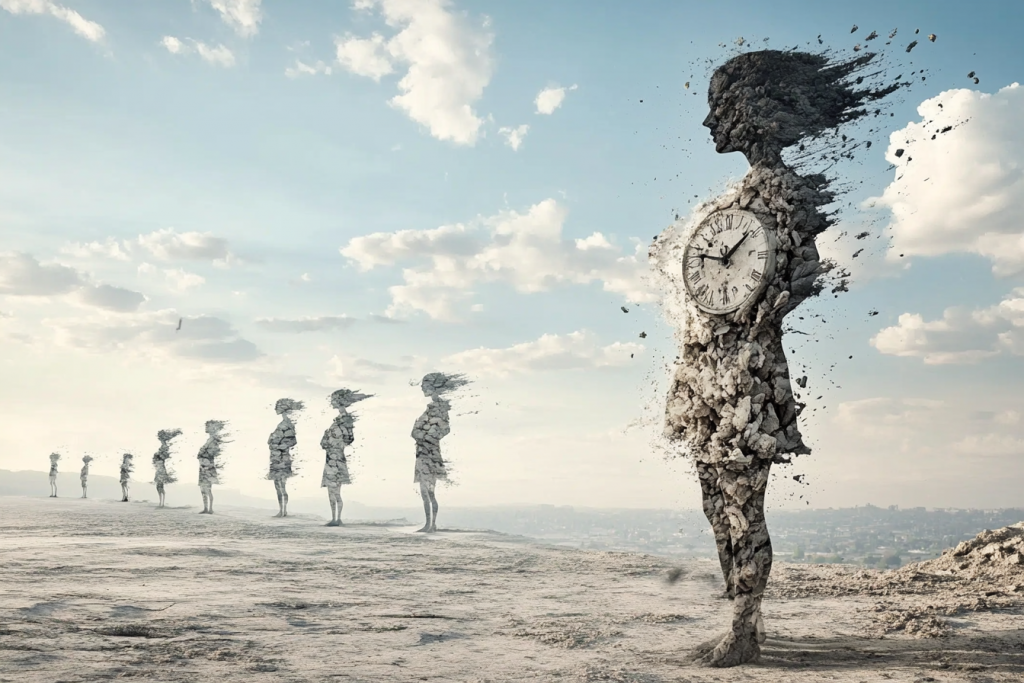
Dreams can stretch time, making moments feel endlessly long or impossibly fast. This happens because the brain doesn’t track time in the same way it does when awake. A dream that feels like hours may only last a few minutes in real-time, adding to the illusion of reality.
Memories Blend with Fantasy
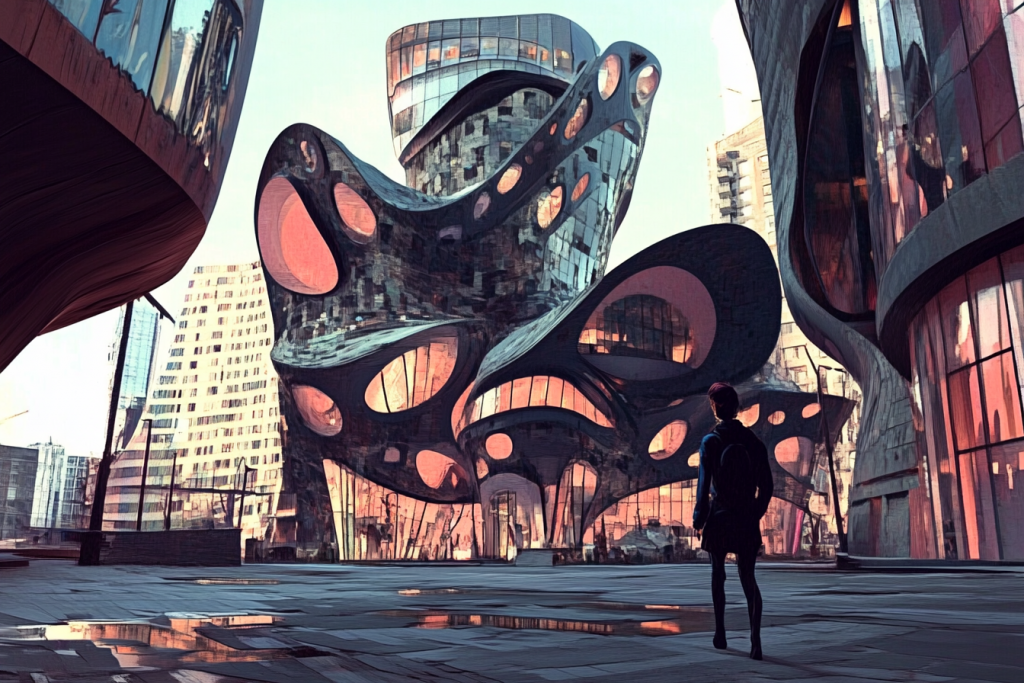
Your brain pulls from past experiences and memories, seamlessly blending them into the dream world. Familiar places, faces, and events may appear altered but still recognizable, making dreams feel grounded in reality. This fusion of real and imagined details makes it hard to distinguish dreams from waking life.
You Often Lack Self-Awareness

The logical part of your brain responsible for critical thinking is mostly inactive during REM sleep. This is why you rarely question absurd dream events, like flying or seeing impossible creatures. Without skepticism, the dream reality feels completely believable—until you wake up and realize how strange it was.
Lucid Dreams Make It Even More Convincing

In lucid dreams, you become aware that you’re dreaming, sometimes even controlling what happens. These dreams can feel as real as waking life because your consciousness is fully engaged. The ability to interact within a dream world blurs the line between what is imagined and what is real.
Your Brain Creates an Entirely Immersive World

The brain doesn’t just create images; it builds entire environments, complete with sensory details, textures, and spatial awareness. Walking through a dream city or exploring a strange landscape feels real because your brain simulates movement and surroundings with remarkable accuracy. The illusion is complete until reality snaps back upon waking.
Sudden Jumps Break the Illusion

Dreams often transition abruptly, with settings, people, or scenarios shifting without explanation. While you might not notice at first, these inconsistencies eventually cause the illusion to unravel. This is often the moment when your brain starts to realize something is off—leading to either lucidity or waking up.
The Wake-Up Shock

The moment you wake up, your brain rapidly reorients to reality, often causing confusion or disbelief. This sudden shift in awareness makes the dream feel distant and unreal, even if moments ago it seemed completely normal. The dream fades, leaving only fragments behind, making you question how something so vivid could disappear so quickly.
Reality is Just a Dream We Haven’t Woken From
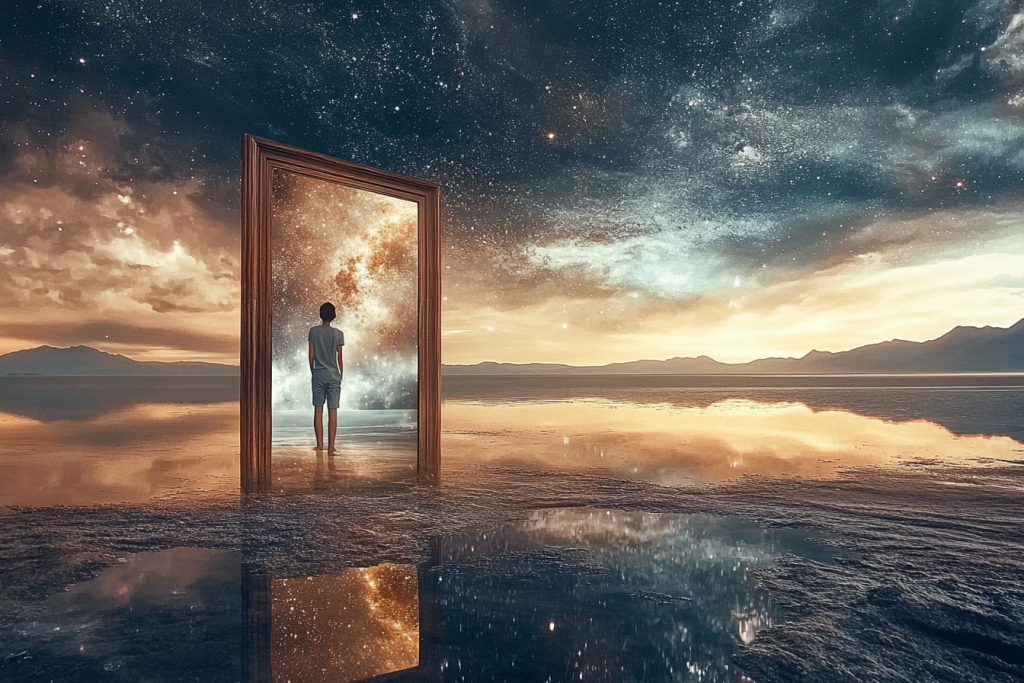
The mind is capable of creating entire worlds within sleep, fooling us into believing in illusions with every passing night. But if dreams can feel real, how do we truly know what’s real when we’re awake? The mysteries of the dreaming mind continue to blur the line between perception and reality.

